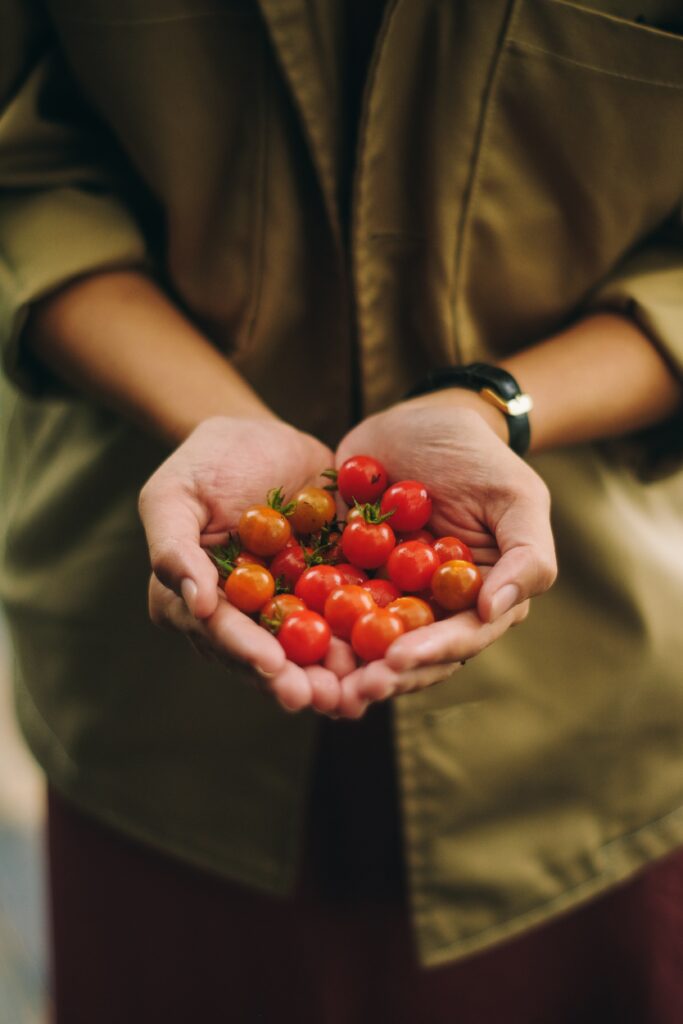In recent years, there has been a growing movement towards sustainability, self-sufficiency, and healthier living. One significant aspect of this movement is the increasing popularity of growing food at home. While the convenience of supermarkets and grocery stores has made us reliant on an industrialized food system, there are numerous benefits to be gained by cultivating our own produce. In this blog, we will explore the importance of growing food at home and how it can contribute to a more sustainable future.
- Ensuring Food Security:
Growing your own food provides a sense of security and self-reliance. With uncertainties in global food production and supply chains, having a personal garden can help mitigate the risks associated with potential disruptions. In times of crisis, such as natural disasters or pandemics, having access to fresh produce from your backyard can be invaluable, ensuring a steady food source for you and your family.
- Promoting Health and Well-being:
Homegrown food offers superior nutrition and taste compared to store-bought produce. When you grow your own food, you have complete control over what goes into it—no pesticides, harmful chemicals, or genetically modified organisms. This allows you to cultivate wholesome and organic fruits, vegetables, and herbs that are free from harmful residues. Additionally, gardening is an excellent physical activity that promotes exercise, stress reduction, and overall well-being.
- Reducing Environmental Impact:
Industrial agriculture contributes to environmental degradation through deforestation, excessive water consumption, and the heavy use of synthetic fertilizers and pesticides. By growing food at home, you can reduce your carbon footprint and environmental impact. Home gardens use fewer resources, especially if you opt for sustainable practices such as composting, rainwater harvesting, and companion planting. Additionally, growing your own food eliminates the need for long-distance transportation, reducing greenhouse gas emissions associated with food miles.
- Encouraging Biodiversity and Conservation:
Home gardens can serve as havens for biodiversity. By cultivating a variety of plants, you attract beneficial insects, birds, and pollinators, creating a balanced ecosystem in your own backyard. Furthermore, by growing heirloom and indigenous varieties, you contribute to the preservation of traditional and regional plant diversity. Protecting and promoting local biodiversity is crucial for ecological balance and resilience against pests and diseases.
- Education and Empowerment:
Growing food at home provides an excellent educational opportunity, especially for children. It helps them understand the origins of their food, the importance of sustainable agriculture, and the interdependence of humans and the environment. Moreover, gardening can foster a sense of empowerment and self-sufficiency, as individuals take charge of their food production and develop valuable skills that can be shared with others in their community.
Conclusion:
Growing food at home is more than just a hobby; it is a sustainable and empowering lifestyle choice. From ensuring food security to promoting health, reducing environmental impact, encouraging biodiversity, and fostering education, the benefits are far-reaching. Whether you have a large backyard or a tiny balcony, there are numerous ways to start growing your own food. By taking this step, you become an active participant in creating a more resilient and sustainable future for yourself and future generations.

